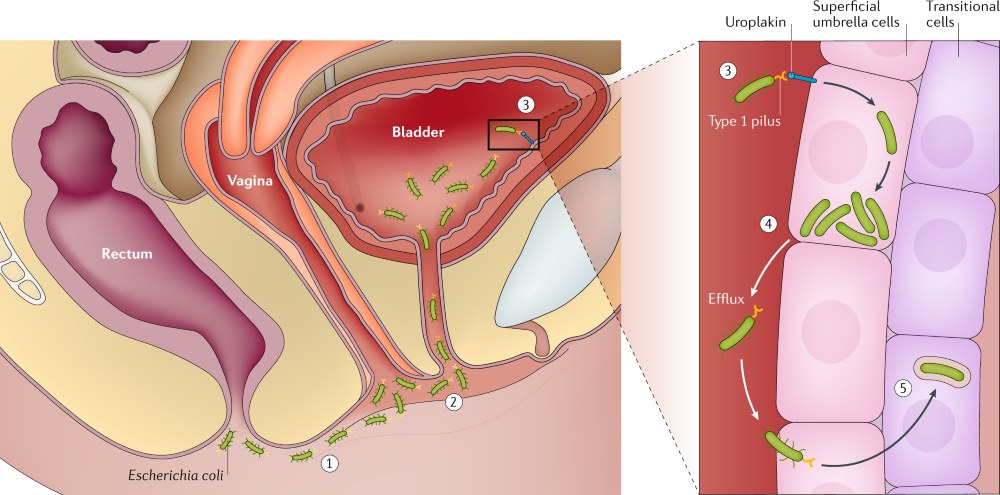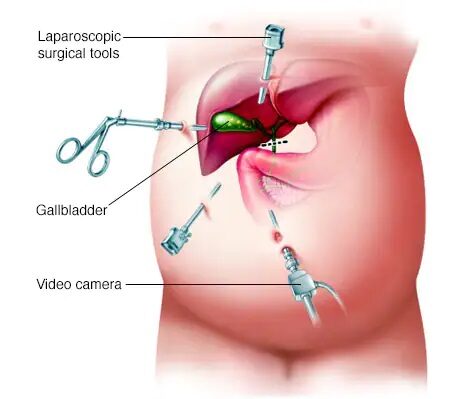Urology
-

Streamlining Wellness: Understanding the Uroflowmetry Treatment Procedure
Uroflowmetry is a test that measures the flow rate of urine. It is used to diagnose and evaluate urinary tract problems, such as bladder weakness, prostate problems, and kidney stones. The uroflowmetry procedure is simple and painless. You will be asked to urinate into a special container that is connected to a computer. The computer…
-

Recurrent Urinary Tract Infection management
Recurrent urinary tract infection (UTI) is a condition in which a person experiences two or more UTIs within six months or three or more UTIs within a year. UTIs are infections of the urinary tract, which includes the kidneys, ureters, bladder, and urethra. The most common cause of recurrent UTIs is bacteria that enter the…
-

Laparoscopic Surgery – Lap Cholecystectomy
Laparoscopic surgery is a minimally invasive surgical procedure that uses small incisions in the abdomen to perform surgery. Laparoscopic cholecystectomy, also known as lap chole, is a laparoscopic surgery to remove the gallbladder. The gallbladder is a small organ that stores bile, a fluid that helps digest fats. Lap chole is a common procedure that…



